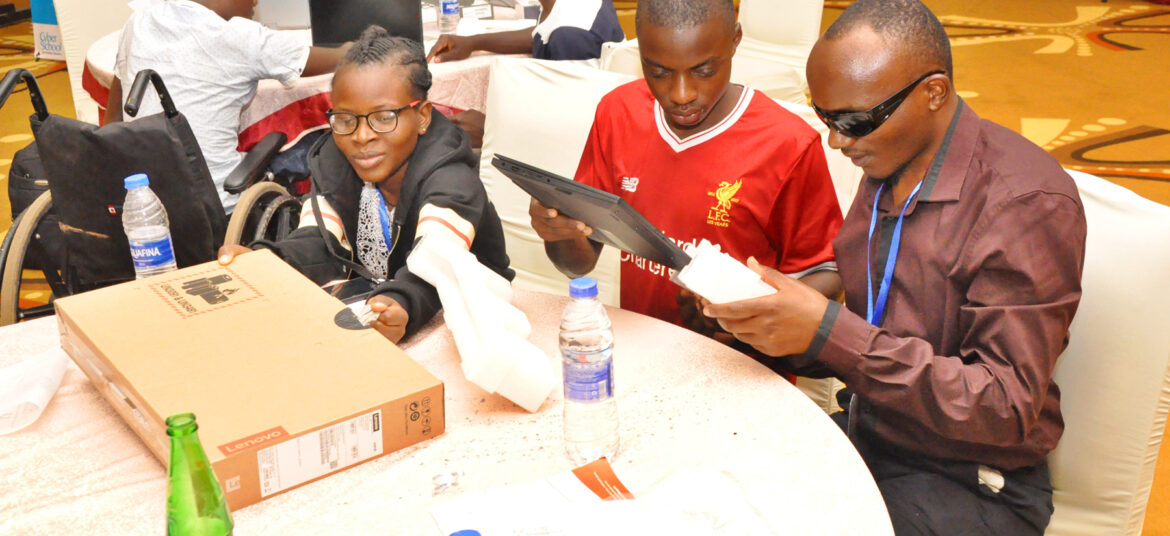Affordable Internet and Devices

Affordable internet and devices are key drivers to effective eLearning implementation. To support this, the Uganda eLearning Initiative is providing educational institutions with connectivity in partnership with the Research and Education Network for Uganda (RENU), a non-profit Research and Education Network (NREN) that provides connectivity to institutions of learning at rates lower than commercial internet rates (about 40% lower).
RENU also provides a service called eduroam which allows students connected to the network to access free internet when close to an eduroam hotspot. By providing EIs with connectivity through RENU, the Uganda eLearning Initiative is increasing the number of hotspots in the country, thereby improving access to affordable internet for students.
The Initiative has onboarded institutions like Lokopio Hills Technical Vocational Institute and MAT ABACUS Business School onto the RENU network and enhanced internet accessibility across the campuses of the following institutions:
- Busitema University
- Mbarara University of Science and Technology
- Nkumba University
- Kyambogo University Faculty of Special Needs.
- Uganda Rural Development and Training Programme (URDT)
Devices
As part of our project, we have provided laptops and specialized assistive technologies to bridge the digital gap and increase accessibility to quality devices for young people, as well as students living with disabilities (SWDs) across the 7 EIs. These devices were distributed free of charge to the EIs, SWDs and scholarship students from vulnerable backgrounds and communities. Without these technologies, e-Learning cannot take place.
So far, over 1000 laptops and 346 assistive devices have been distributed to participants and participating institutions to drive inclusivity and accessibility. We also offered comprehensive, tailored training workshops to help SWDs learn how to effectively use their new assistive technology based on their specific needs.
Some examples of the assistive devices and software we’ve provided include:
- Fusion software: Screen-magnification and screen-reading software for visually impaired users.
- Focus Blue 40 Braille Reader: A portable braille display that allows blind or visually impaired individuals to read and navigate digital content.
- Audio recorders and Victor readers: Devices for recording and playing audio, often used by students with learning disabilities.
- Oticon hearing aids: Advanced hearing aids that improve sound clarity and understanding for students with hearing impairments.
- iCommunicator: A device that translates sign language into spoken words and text.
- Dragon software: Speech recognition software that converts spoken words into text, benefiting students with physical disabilities or writing difficulties.
Our overarching goal is to provide quality devices and internet access that will support students in their learning and prepare them for a successful transition into meaningful and dignified work”.
